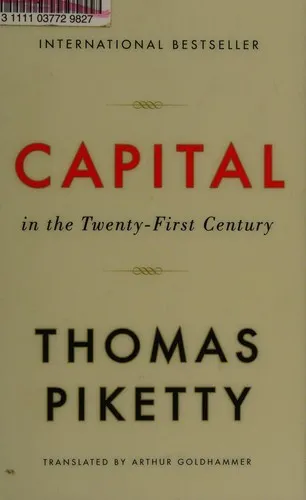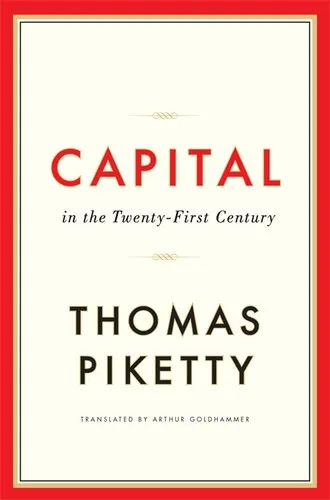
In this unique work, Thomas Piketty explores how social inequality manifests itself very differently depending on the society and epoch in which it arises. History and culture play a central role, inequality being strongly linked to various socio-economic, political, civilisational, and religious developments. So it is culture in the broadest sense that makes it possible to explain the diversity, extent, and structure of the social inequality that we observe every day. Piketty briefly and concisely presents a lively synthesis of his work, taking up such diverse topics as education, inheritance, taxes, and the climate crisis, and provides exciting food for thought for a highly topical debate: Does natural inequality exist?
Thomas Piketty
Thomas Piketty is a French economist known for his work on wealth and income inequality. He is the author of the bestselling book "Capital in the Twenty-First Century," which explores the historical and economic patterns of inequality. Piketty's research has had a significant impact on the field of economics and has sparked important debates on the distribution of wealth and the role of government in addressing inequality. His writing style is academic and data-driven, making complex economic concepts accessible to a wider audience. Piketty's work has been influential in shaping public policy discussions and has solidified his reputation as a leading voice on economic inequality.


